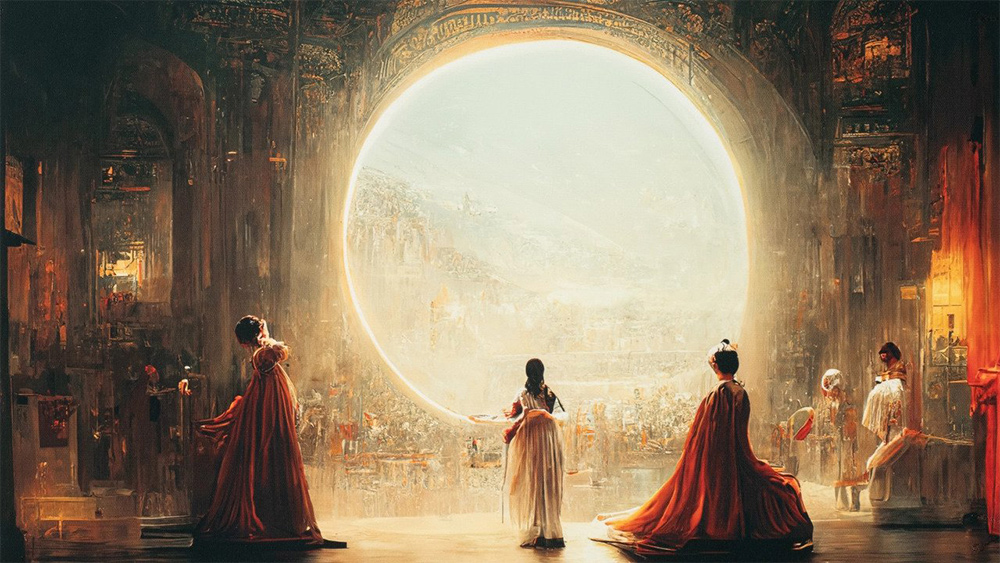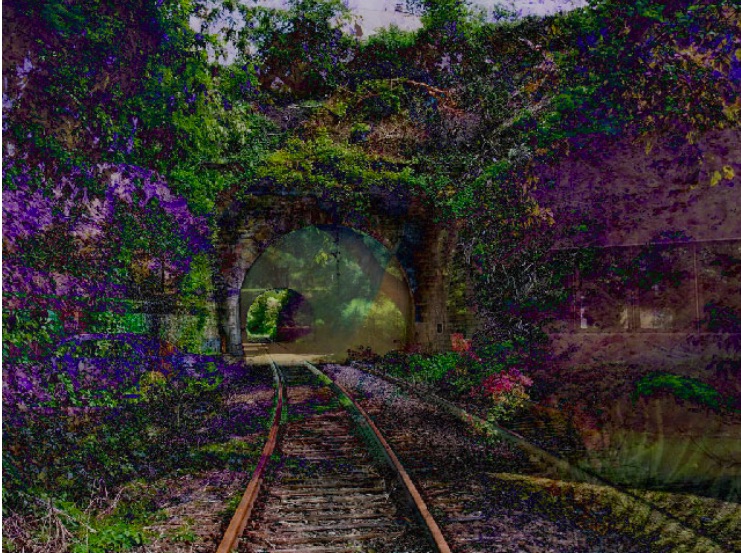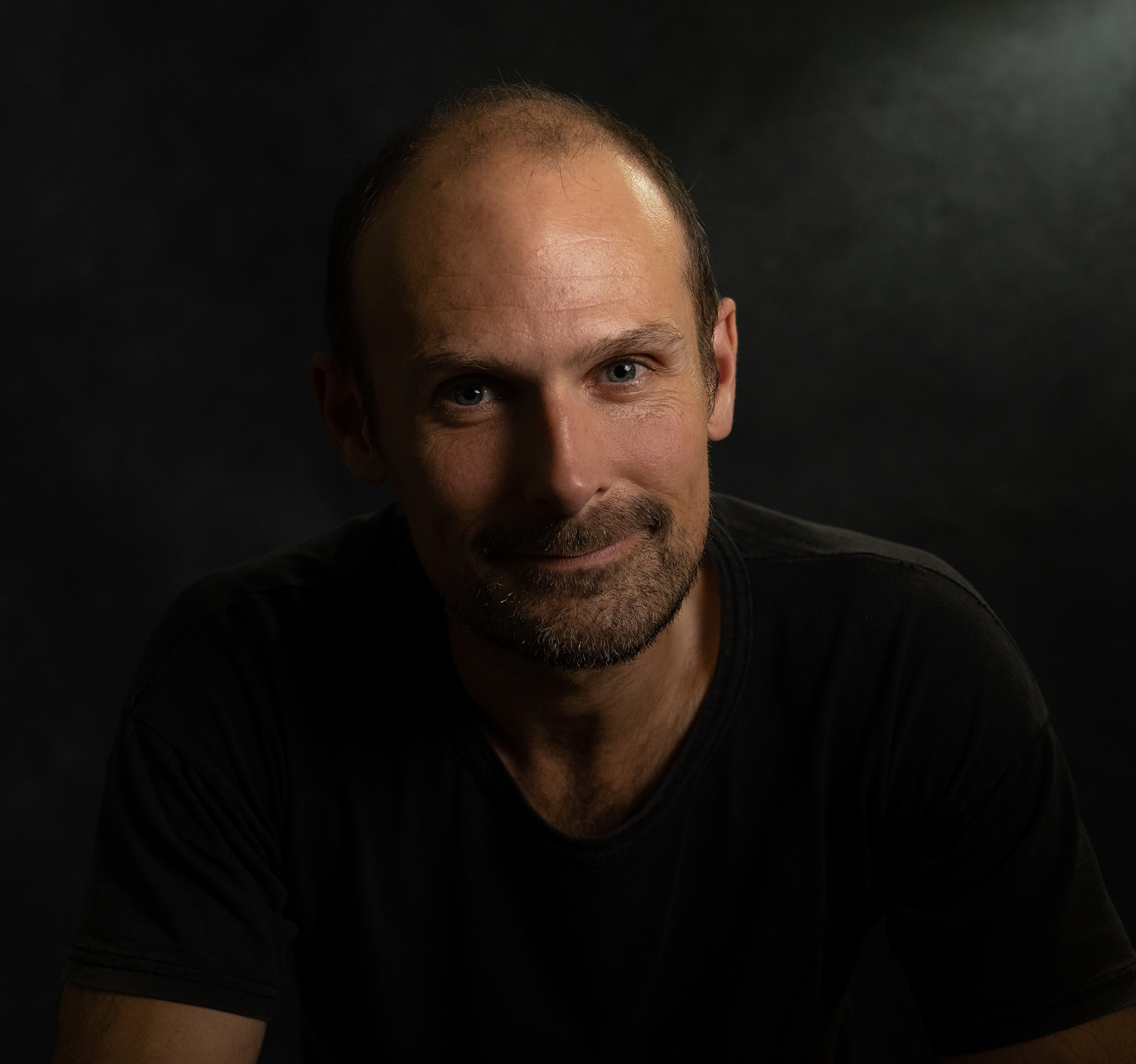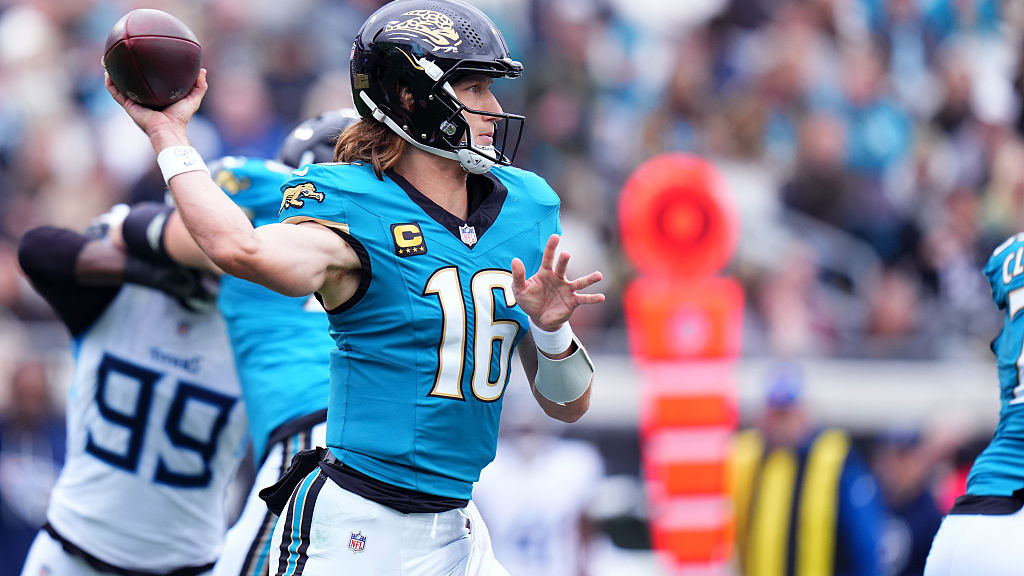Sign up to Creative Bloq's daily newsletter, which brings you the latest news and inspiration from the worlds of art, design and technology.
You are now subscribed
Your newsletter sign-up was successful
Want to add more newsletters?

Five times a week
CreativeBloq
Sign up to Creative Bloq's daily newsletter, which brings you the latest news and inspiration from the worlds of art, design and technology.

Once a week
By Design
Sign up to Creative Bloq's daily newsletter, which brings you the latest news and inspiration from the worlds of art, design and technology.

Once a week
State of the Art
Sign up to Creative Bloq's daily newsletter, which brings you the latest news and inspiration from the worlds of art, design and technology.

Seasonal (around events)
Brand Impact Awards
Sign up to Creative Bloq's daily newsletter, which brings you the latest news and inspiration from the worlds of art, design and technology.
Back in 2022 when AI image generators were novel and interesting, a piece of AI art gained some notoriety after it won a fine art competition at the Colorado State Fair. The judges hadn't realised that it was made using MidJourney – or rather, they hadn't realised what MidJourney was (it's in our pick of the best AI art generators).
Artists were incensed, and the incident became a bit of a poster story for the debate around the merits of AI art and how it should be treated. It also went on to become a test case for the question of whether AI art can be copyrighted. And that issue isn't done and dusted yet.

When Jason Allen submitted his bombastically named Théâtre D’opéra Spatial to the US Copyright Office, they weren't so easily fooled as the judges back in Colorado. It was decided that the image could not be copyrighted in its entirety because, as an AI-generated image, it lacked the essential element of “human authorship". The office decided that, at best, Allen could copyright specific parts of the piece that he worked on himself in Photoshop.
Now, he's launched an appeal against that decision, claiming that his "624 iterations" with Midjourney, required at least 110 hours of human work. In an argument that many artists will surely find ironic, he also claims that unauthorised use of his artwork has resulted in him losing “several million dollars”.
“The Copyright Office’s refusal to register Theatre D’Opera Spatial has put me in a terrible position, with no recourse against others who are blatantly and repeatedly stealing my work without compensation or credit.” If something about that argument rings strangely familiar, it might be due to the various groups of artists suing the developers of AI image generators for using their work as training data without permission.
Allen's fantasy sci-fi scene was fairly typical of the kind of imagery being produced by Midjourney at the time. He upscaled it and did further editing in Photoshop. But Allen's lawyers argue that guiding the AI to make the initial image was an act of human creativity comparable to the work of a director directing a film.
IP attorney Tamara Pester, said: " The refusal of the U.S. Copyright Office to recognize human authorship in AI-assisted creations highlights a critical issue in modern intellectual property law. As AI continues to evolve, it is imperative that our legal frameworks adapt to protect the rights of those who harness these technologies for creative expression."
Sign up to Creative Bloq's daily newsletter, which brings you the latest news and inspiration from the worlds of art, design and technology.

It remains to be seen if the court will be convinced. In another case, Thaler v. Perlmutter, a court also upheld the decision to deny copyright to a work generated by AI. The matter remains one of the factors that has limited the appeal of AI image generators for commercial use since most brands and professional artists are unlikely to see the value of imagery that can't be copyrighted and can freely be copied by anyone.
Theatre D’Opera Spatial isn't the only AI image to cause a headache for the judges of art competitions. We've even see photo competition judges ban real photos that they thought were AI generated. To learn more, see our roundup of AI art tutorials.

Joe is a regular freelance journalist and editor at Creative Bloq. He writes news, features and buying guides and keeps track of the best equipment and software for creatives, from video editing programs to monitors and accessories. A veteran news writer and photographer, he now works as a project manager at the London and Buenos Aires-based design, production and branding agency Hermana Creatives. There he manages a team of designers, photographers and video editors who specialise in producing visual content and design assets for the hospitality sector. He also dances Argentine tango.
